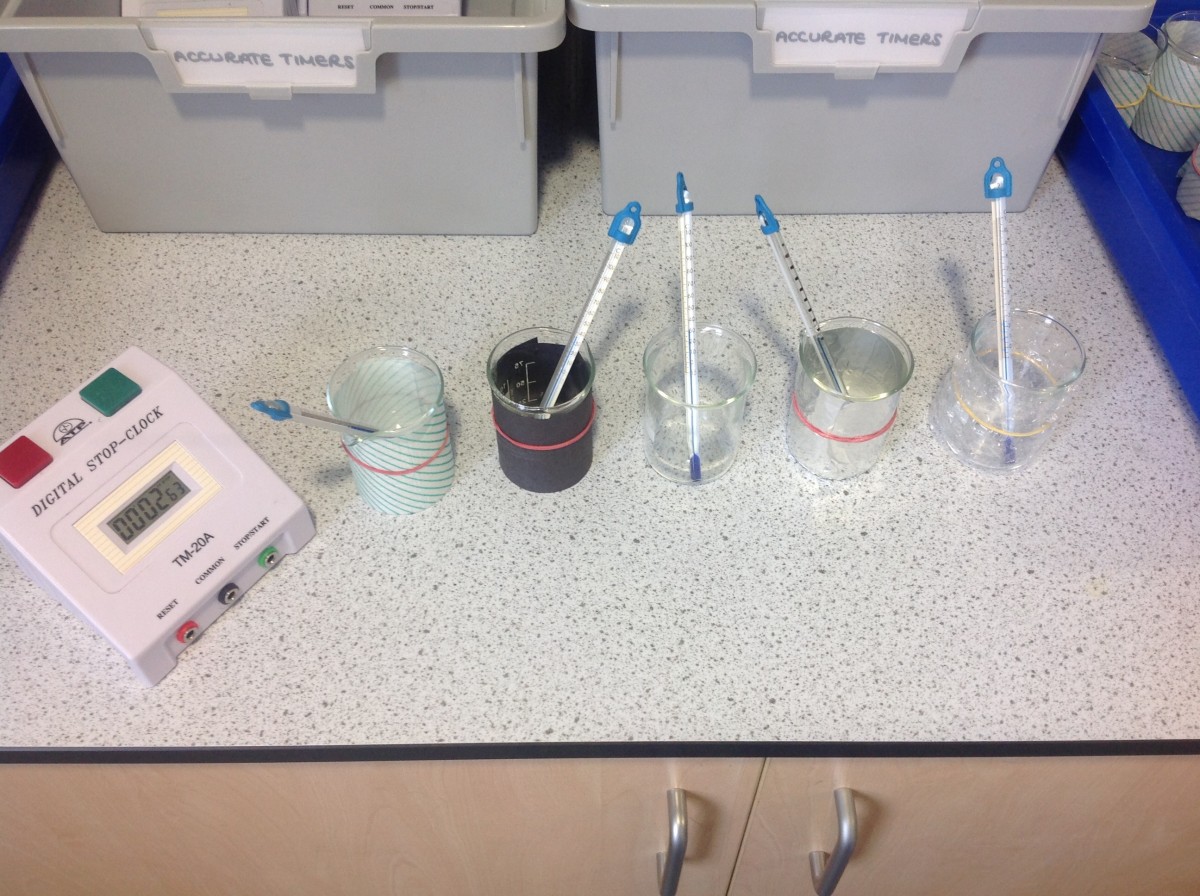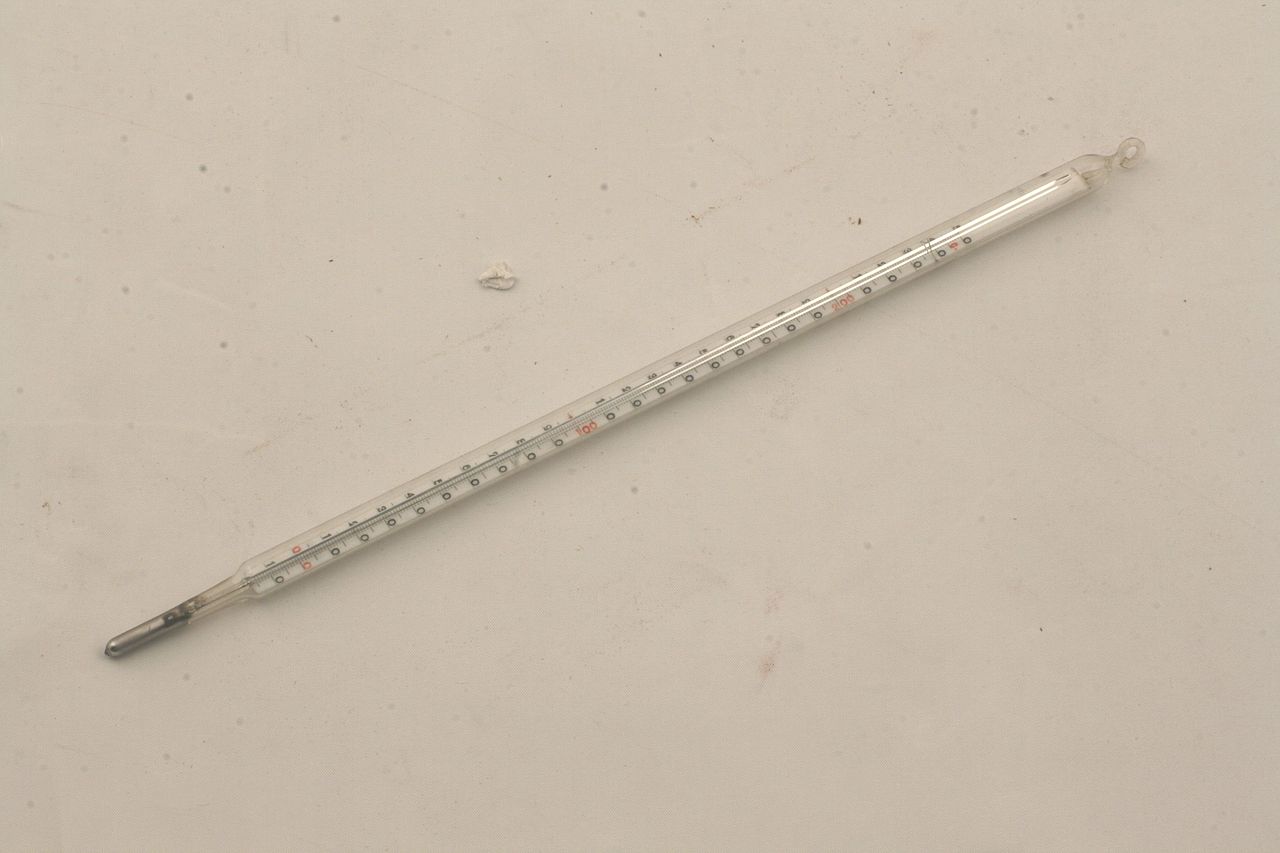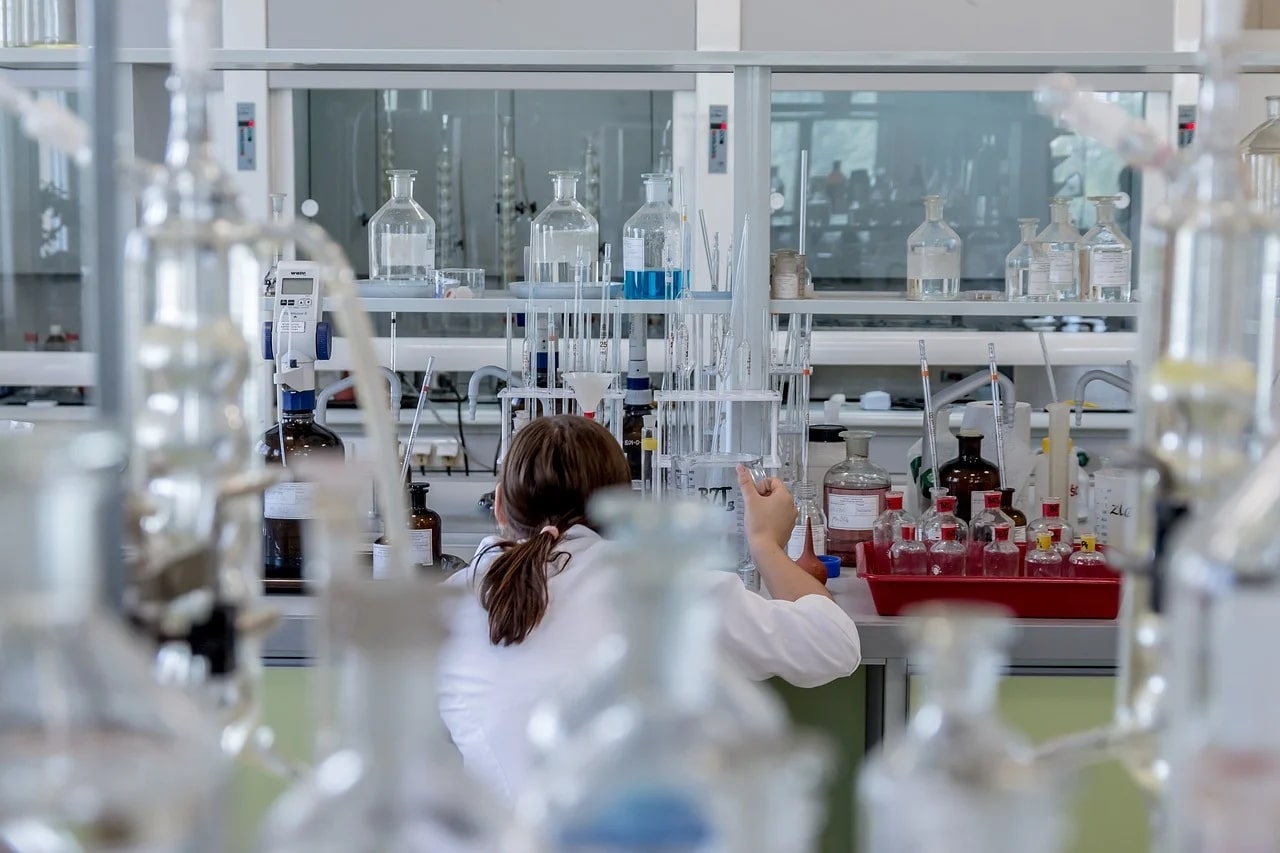
There are several types of thermometers, some of them are known as laboratory thermometers. Measurement devices used to monitor and control temperatures precisely in laboratories. They are very useful for a multitude of experiments that need to be done at specific temperatures.
As the applications in which they are used are quite critical, not just any type of thermometer is valid. These laboratory thermometers usually have great reliability, in addition to being resistant and safe for use in these scientific environments.
What is a laboratory thermometer?
A laboratory thermometer is a digital or analog thermometer used as in measurements in laboratory tests where temperature is of great relevance. Therefore, they must be precise, to give the data as close to the real temperature as possible, as well as resist certain conditions, such as corrosion if acids are used, the extreme temperatures at which the experiment is carried out, etc.
Although they are intended for scientific community, more and more are being bought at home for makers or people who do some domestic experiments where they need to monitor the temperature so as not to alter the results of what they are doing.
In addition, these laboratory thermometers should have a series of basic cares for their correct maintenance and storage insurance. For example:
- Labeling of the laboratory thermometer to identify them according to their characteristics.
- Hygiene so that there are no traces of chemical substances that could alter other experiments where you use the same thermometer.
- Always respect the maximum and minimum working ranges specified by the manufacturer.
- Protection in case of use inside agitators.
- Storage in a safe place to avoid deterioration.
- Constant calibration to verify that it continues to maintain its accuracy and reliability.
Laboratory Thermometer Applications
All the laboratory thermometer applications they can be very diverse. There is a huge number of experiments or tests where it is necessary to control the temperature, from the most basic ones where you work with steps between different states of matter, such as the solid, liquid and gaseous state, to others where solutions are made at certain temperatures, etc.
For example, they can be used to:
- Control the temperature of the changes of aggregation states of matter: fusion (solid to liquid), solidification (liquid to solid), vaporization (liquid to gas), condensation (gas to liquid), sublimation (solid to gas) and reverse sublimation (gas to solid).
- To size physical properties of materials according to the temperature at which they are.
- Temperature control chemical processes that need to develop at a certain temperature. For example, some enzymatic reactions.

